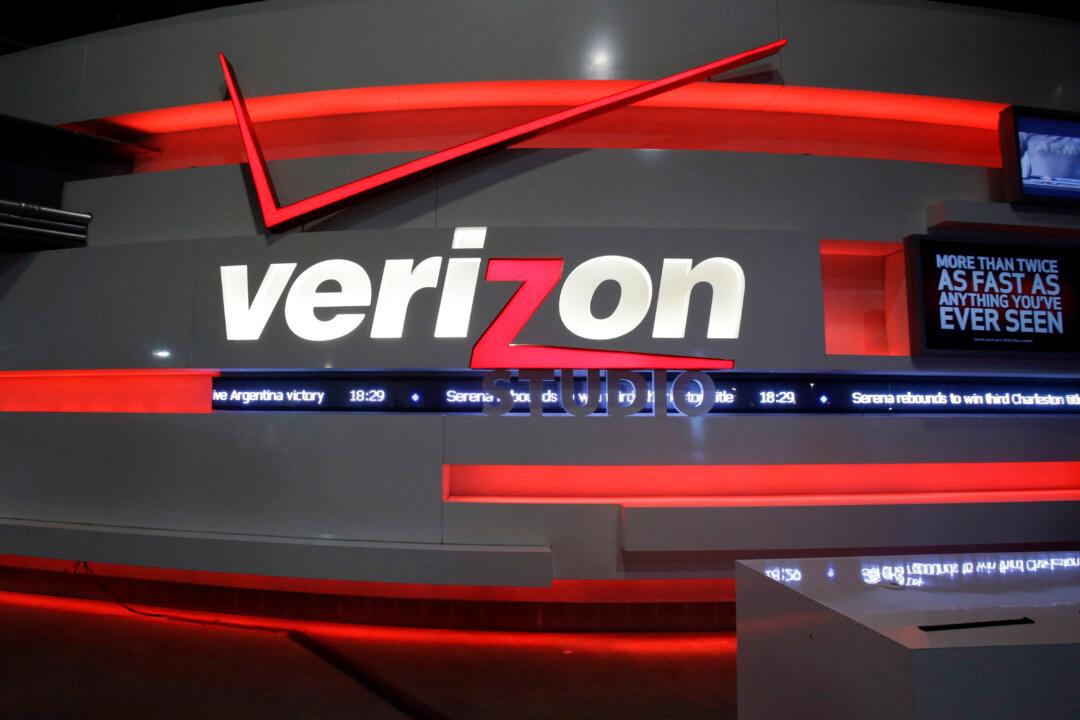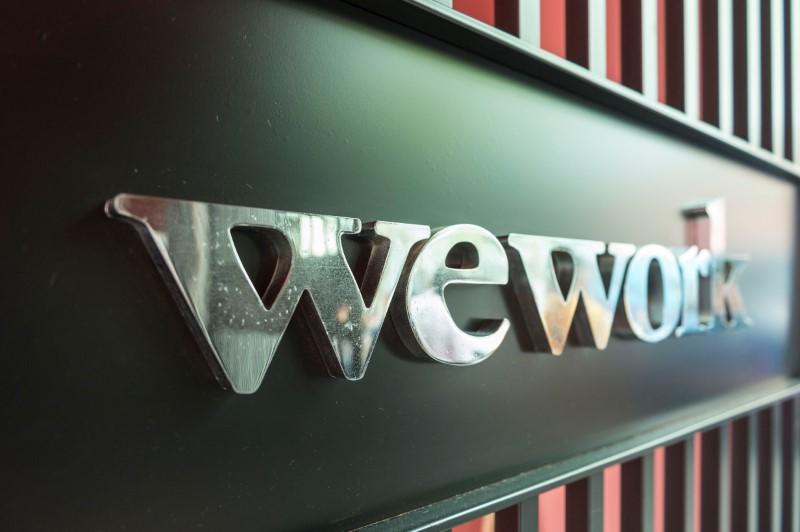College football won’t go dark on New Year’s Day.
Millions of TV customers from Boston to Washington were spared the loss of channels such as ESPN—and popular college football games —after Verizon Communications Inc. and Walt Disney Co. struck a distribution agreement on the eve of the new year.




